If you loved 'Genius' (2017), the captivating drama that delves into the life of literary editor Max Perkins and his work with legendary authors like Thomas Wolfe, you're in for a treat. This article explores 10 movies and shows that share similar themes of creativity, mentorship, and the struggles of artistic genius. Whether you're a fan of historical dramas, biopics, or stories about the creative process, this list will introduce you to compelling narratives that resonate with the spirit of 'Genius.'
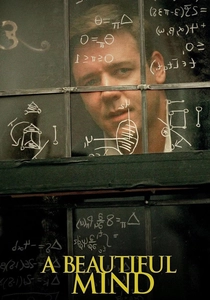
A Beautiful Mind (2001)
Description: Like 'Genius', 'A Beautiful Mind' delves into the life of a Nobel Prize-winning mathematician, John Nash, showcasing his extraordinary intellect and his battle with schizophrenia. Both films examine the fine line between genius and madness, presenting a nuanced portrayal of their subjects' brilliance and personal demons. The narrative structure in both films intertwines professional achievements with personal tribulations.
Fact: Russell Crowe's performance as John Nash earned him an Academy Award nomination. The film is based on Sylvia Nasar's biography of the same name. John Nash's real-life wife, Alicia, served as a consultant during production.
 Watch Now
Watch Now 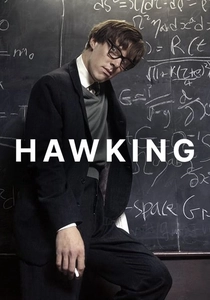
Hawking (2004)
Description: This earlier biographical film about Stephen Hawking, like 'Genius', explores the life of a scientific genius facing physical challenges. Both portrayals emphasize Hawking's intellectual brilliance and determination in the face of ALS. The films share a focus on how physical limitations don't define intellectual capacity.
Fact: Benedict Cumberbatch played Hawking in this TV movie, early in his career. The film focuses on Hawking's early life and diagnosis. It won a BAFTA TV Award for Best Drama.
 Watch Now
Watch Now 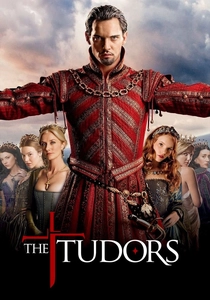
The Tudors (2007)
Description: While not about scientists, 'The Tudors' shares with 'Genius' a focus on brilliant, complex historical figures (Henry VIII and his court) who shaped their eras. Both series blend historical drama with personal intrigue, showcasing how intelligence and ambition play out in different contexts. The production values and attention to historical detail are similarly high in both.
Fact: Jonathan Rhys Meyers received a Golden Globe for his portrayal of Henry VIII. The series ran for four seasons on Showtime. Natalie Dormer's performance as Anne Boleyn launched her international career.
 Watch Now
Watch Now 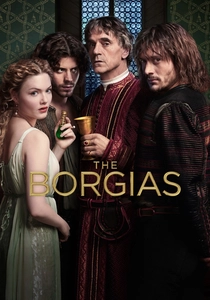
The Borgias (2011)
Description: This series, like 'Genius', examines a family of brilliant but morally ambiguous historical figures who used their intelligence to gain power. Both shows blend political intrigue with personal drama, showcasing how intellect can be both a gift and a weapon. The Renaissance setting of 'The Borgias' parallels the early 20th century intellectual world of 'Genius'.
Fact: Jeremy Irons starred as Rodrigo Borgia (Pope Alexander VI). The series was created by Neil Jordan. It was filmed in Hungary at various historical locations.
 Watch Now
Watch Now 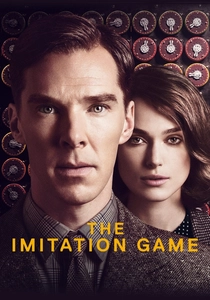
The Imitation Game (2014)
Description: This film, like 'Genius', centers on a brilliant but socially awkward genius, Alan Turing, whose work had a profound impact on the world. Both films explore themes of persecution and the personal costs of genius, with Turing's homosexuality being a key aspect of his story. The films share a focus on historical figures whose contributions were overshadowed by societal prejudices.
Fact: Benedict Cumberbatch received an Oscar nomination for his role as Alan Turing. The film won the Academy Award for Best Adapted Screenplay. Turing's work at Bletchley Park was kept secret for decades after WWII.
 Watch Now
Watch Now 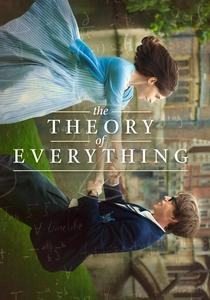
The Theory of Everything (2014)
Description: Similar to 'Genius' (2017), 'The Theory of Everything' explores the life of a brilliant scientist, Stephen Hawking, focusing on his groundbreaking work in physics and his personal struggles. Both films highlight the intersection of genius and human vulnerability, portraying the emotional and physical challenges faced by their protagonists. The films share a biographical approach, blending scientific discovery with intimate personal drama.
Fact: Eddie Redmayne won an Academy Award for his portrayal of Stephen Hawking. The film is based on Jane Hawking's memoir 'Travelling to Infinity: My Life with Stephen'. Stephen Hawking himself approved of Redmayne's performance after seeing the film.
 Watch Now
Watch Now 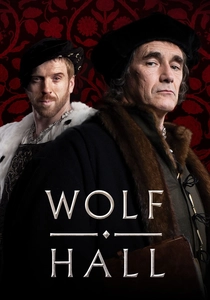
Wolf Hall (2015)
Description: Similar to 'Genius', 'Wolf Hall' presents a cerebral historical drama about brilliant figures (Thomas Cromwell and Henry VIII's court) navigating dangerous intellectual and political landscapes. Both adaptations of acclaimed novels focus on the inner lives of their protagonists, with a restrained but powerful emotional tone. The shows share a commitment to historical accuracy and psychological depth.
Fact: Based on Hilary Mantel's Booker Prize-winning novels. Mark Rylance won a BAFTA for his portrayal of Thomas Cromwell. The series was noted for its authentic use of candlelight in night scenes.
 Watch Now
Watch Now 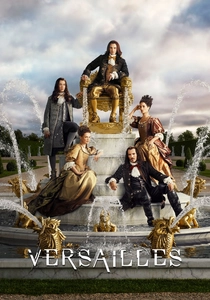
Versailles (2015)
Description: Like 'Genius', 'Versailles' presents a lavish historical drama about a brilliant but flawed leader (Louis XIV) whose vision transformed his world. Both series explore the intersection of power, creativity, and personal demons, set against opulent period backdrops. The shows share a focus on how individual genius can reshape societies.
Fact: One of the most expensive French TV productions ever made. The series was filmed at actual French palaces including Vaux-le-Vicomte. It sparked controversy for its mix of historical fact and fiction.
 Watch Now
Watch Now 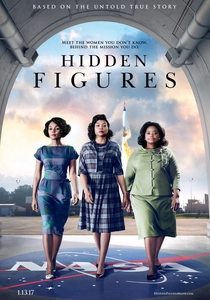
Hidden Figures (2016)
Description: Similar to 'Genius', 'Hidden Figures' highlights the contributions of brilliant but overlooked individuals (in this case, African-American women mathematicians at NASA) to major scientific advancements. Both films celebrate intellectual achievement while addressing social barriers, though 'Hidden Figures' focuses more on racial and gender discrimination in the scientific community.
Fact: The film was nominated for three Academy Awards, including Best Picture. Katherine Johnson, one of the main subjects, received the Presidential Medal of Freedom in
 Watch Now
Watch Now 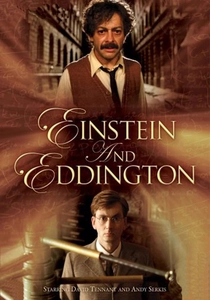
Einstein and Eddington (2008)
Description: This TV film shares with 'Genius' a focus on Albert Einstein's scientific breakthroughs and the personal relationships that shaped his work. Both productions dramatize the process of scientific discovery and the human stories behind theoretical physics. They particularly highlight how scientific ideas can challenge established norms and provoke controversy.
Fact: David Tennant plays Arthur Eddington opposite Andy Serkis's Einstein. The film focuses on the collaboration that proved Einstein's theory of relativity. It was produced by the BBC and HBO as a co-production.
 Watch Now
Watch Now 








